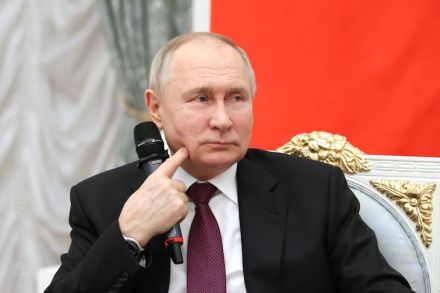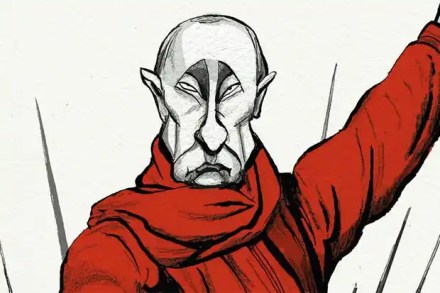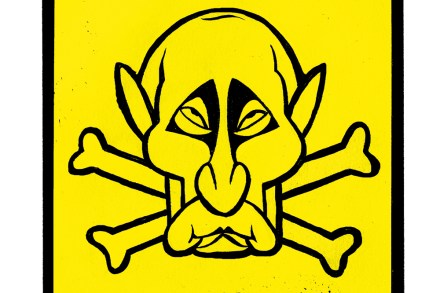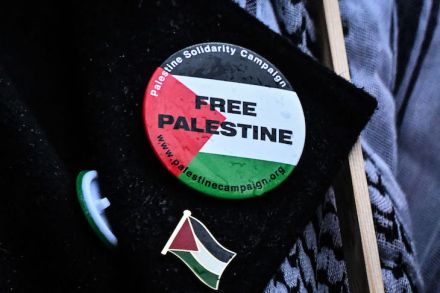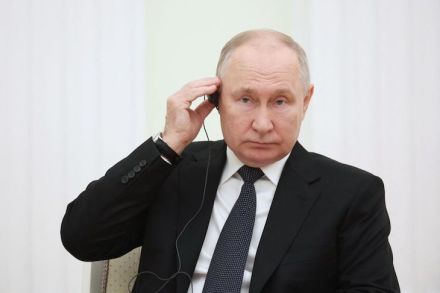How Vladimir Putin stays in power
With Vladimir Putin’s invasion of Ukraine well into its attritional phase, Western aid to Kyiv seems to be drying up. No clear strategy at all, it seems, has been found for dealing with the Russian leader. Some hope internal divisions at the Kremlin will lead to a collapse, others that an anti-Ceausescu-style uprising – as in Romania in 1989, culminating in the leader’s brutal execution by his people – will miraculously give the coup de grace to the president’s ambitions. Certainly, if Putin were to rule in a genuinely authoritarian manner, either of these things could happen. But up to now he’s been far too wily and flexible for that.
